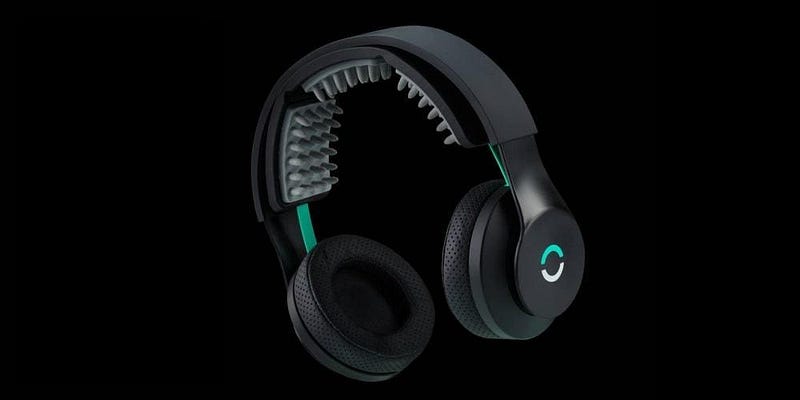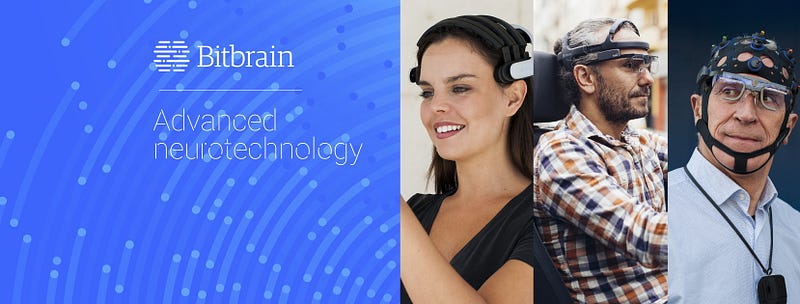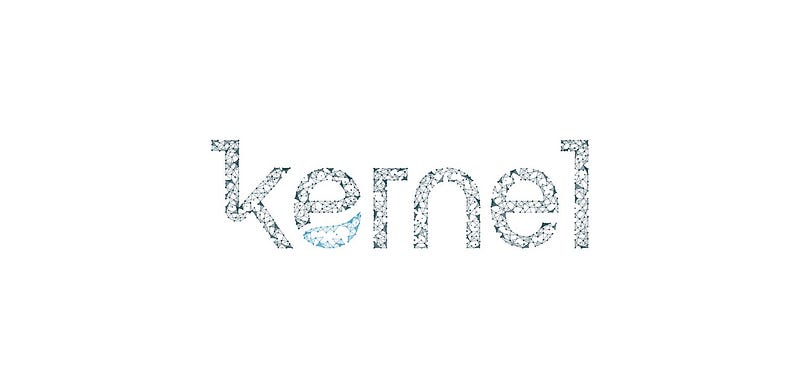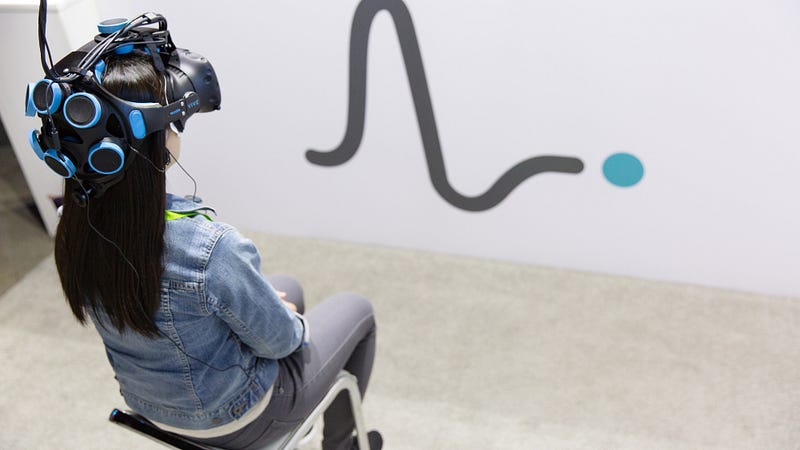There’s no question about it: neurotechnology is the next big thing. The ability to read, effect, and control the inner workings of our mind is one of the most important projects of our time.
Before 2012, the majority of neurotechnology research was confined to academic institutions, and thus at the mercy of public funding. Progress was slow and mostly theoretical in nature.
In recent years, however, thousands of private companies have taken the world by storm and begun dominating the neurotechnology landscape. They’ve poured millions of dollars into highly directed, practical research. Teams of six or seven talented privately-funded scientists have done what thousands of publicly-funded ones could not.
And the result is a significant boon in public perception, new robust financial interests, and more companies cropping up daily.
So what are the top neurotechnology companies to watch out for? Here’s a short list:

No discussion on neurotechnology companies is complete today without the mention of Neuralink. Taking the world by storm in their 2019 keynote, they unveiled hardware advances that were orders of magnitude ahead of the rest of the world, and put neurotechnology in the public spotlight for the first time in modern history.
Neuralink wants to create a small, integrated brain computer interface that links your mind directly to other people. This will allow uncompressed person-to-person information, and will open the doors to enhanced communication and thinking through artificial intelligence.
Neuralink raised $158M in 2019 and doesn’t plan on slowing down soon. Their team is constantly hiring, recently swelling to over 50 scientists, engineers, and technologists. And they’re directed and operated by Elon Musk, arguably the most effective technology entrepreneur alive today. This is certainly a neurotechnology company to watch out for.

Halo Neuroscience develops brain stimulators to help you learn skills faster. You’ve probably seen their ads on Instagram.
They’re one of the first mainstream companies to provide cognitive enhancement to the people, and currently offer a blended headphone/stimulator product called the Halo Sport 2 purported to help you “gain skill, strength, and endurance 45% faster”.
Halo Neuroscience’s last six rounds of funding raised over $24.7M. Their approach is modern, highly visual, and resonates with today’s media-saturated consumer. Their team puts more effort into branding and local sales than any other neurotechnology company that I’ve done research on, and they’re continuously developing new and exciting products. I’d keep my eyes on them.

Bitbrain develops advanced neurotechnology hardware for consumer and research markets. Their brain-sensing technology looks smooth, feels sleek, and every device comes prepackaged with its own advanced software kit for signal acquisition and processing.
Their modest operations have raised over €1.6M in funding to-date — however, Bitbrain’s modular approach and wide product array puts it in an excellent position to capitalize on the new and emerging resurgence of neurotechnology research in public institutions. Check back in six months and you may be pleasantly surprised.

Kernel is using neurotechnology to assess brain diseases like Alzheimer’s, Parkinson’s, and depression. Their innovative approach rests on the development of what they call an MBMI — a non-invasive mind/body/machine interface.
The public realm has yet to make the association between neurotechnology and enhancement — instead, most sources of funding care more about neurotechnology in its relation to alleviating disease. Since Kernel’s proposed focus is on helping diminish contemporary diseases like Alzheimer’s and Parkinson’s, they have significant potential to dominate today’s markets.
Backed by over $100M worth of funding and led directly by Bryan Johnson, the prodigious entrepreneur behind Braintree, Kernel is set to make a big splash.

Neurable is “creating the new interface between humans and computers”. Unlike most of the other companies mentioned here, Neurable bundles their brain-sensing hardware with virtual reality, a profound connection that will have deep implications in the coming years. They provide SDKs
Product-wise, their dry EEGs have over a 90% correlation with wet EEGs on the market today, making them easy to take off and convenient to wear. They offer standalone machine learning solutions for researchers and individuals looking to analyze data, and have raised over $8M to-date. Keep your eyes peeled on where Neurable is going.
The last half decade has seen the mass-legitimization of neurotechnology as an industry. Private companies have made massive leaps forward, invested hundreds of millions of dollars into research and development, and have the potential to produce technologies that fundamentally alter the way we interact with other human beings.
If you thought the iPhone changed things, you’re in for a shock. The next few years will see exciting changes in both technology and public opinion. Stay tuned and strap in for the ride!



